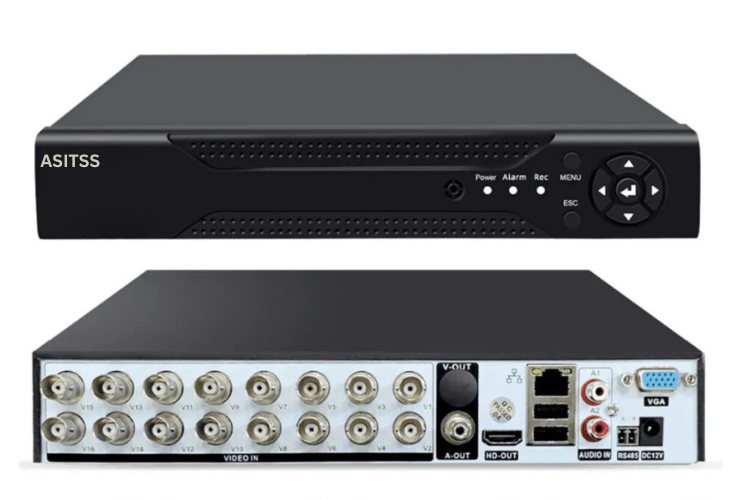
A Digital Video Recorder (DVR) captures and stores video footage from surveillance cameras. It compresses and encodes video for efficient storage, allowing users to review, rewind, and record footage. DVRs typically support multiple camera inputs, remote access, and scheduled recordings, making them essential for effective security monitoring and management.
Basic models designed for recording and storing video from analog cameras, offering essential playback and scheduling features.
Support both analog and IP cameras, allowing users to mix camera types within a single system for flexible surveillance solutions.
Combine Network Video Recorder (NVR) and DVR functionalities, allowing seamless integration of both IP and analog camera systems.
Store video footage in the cloud, enabling remote access and backup without the need for physical storage devices.
Independent units that do not require a network connection, ideal for users who need simple, localized recording without remote access.
Designed for large-scale applications, these units support extensive camera inputs and advanced features like analytics and remote management.
Specifically designed for vehicles, these DVRs capture video from onboard cameras, providing surveillance for transportation and fleet management.
DVRs typically offer storage capacities ranging from 500GB to 12TB or more, depending on the model and number of cameras supported, allowing for extensive recording durations.
Common cable lengths for connecting DVRs to cameras and power sources include 10ft, 25ft, and 50ft, providing flexibility for installation in various setups.